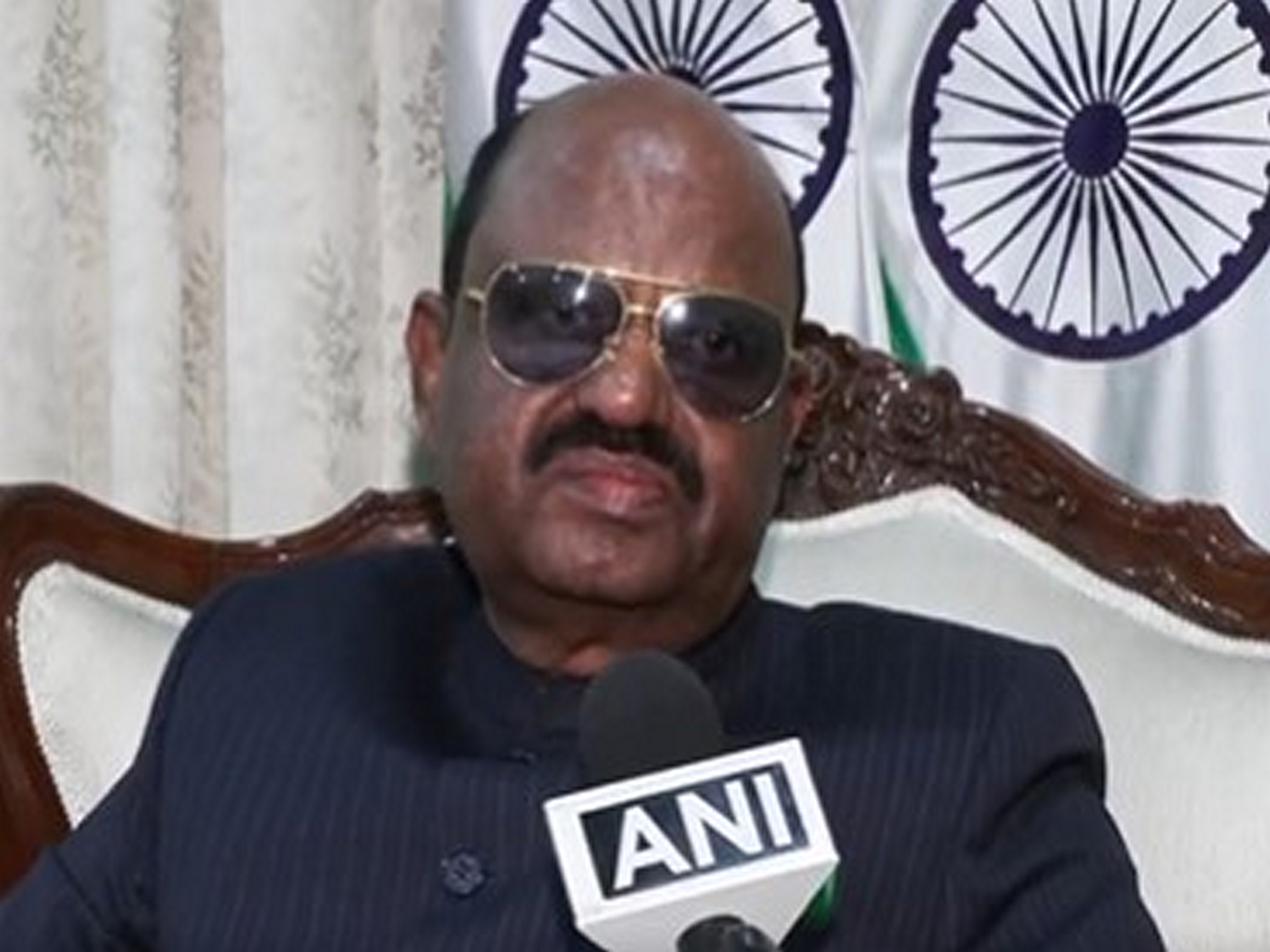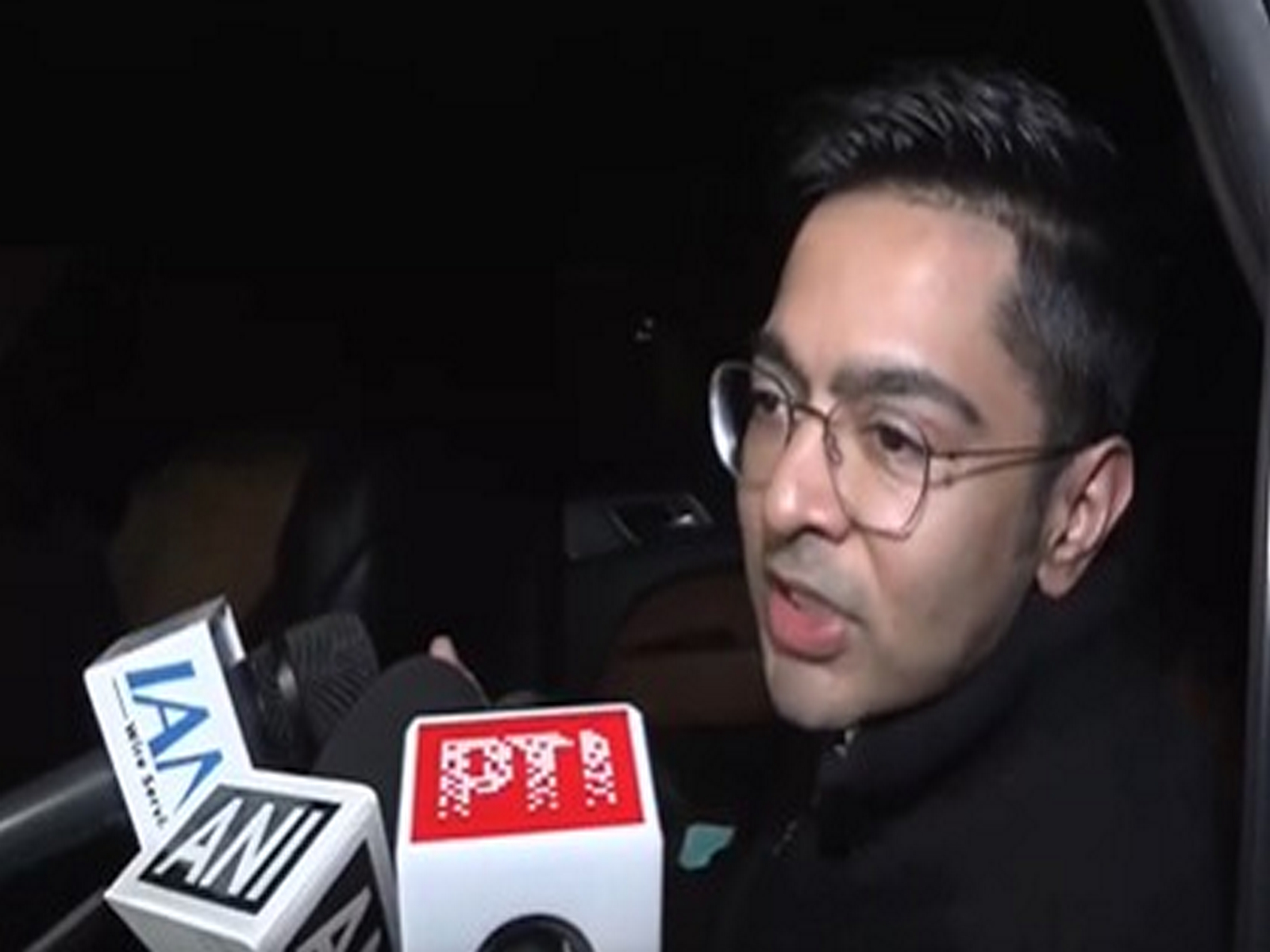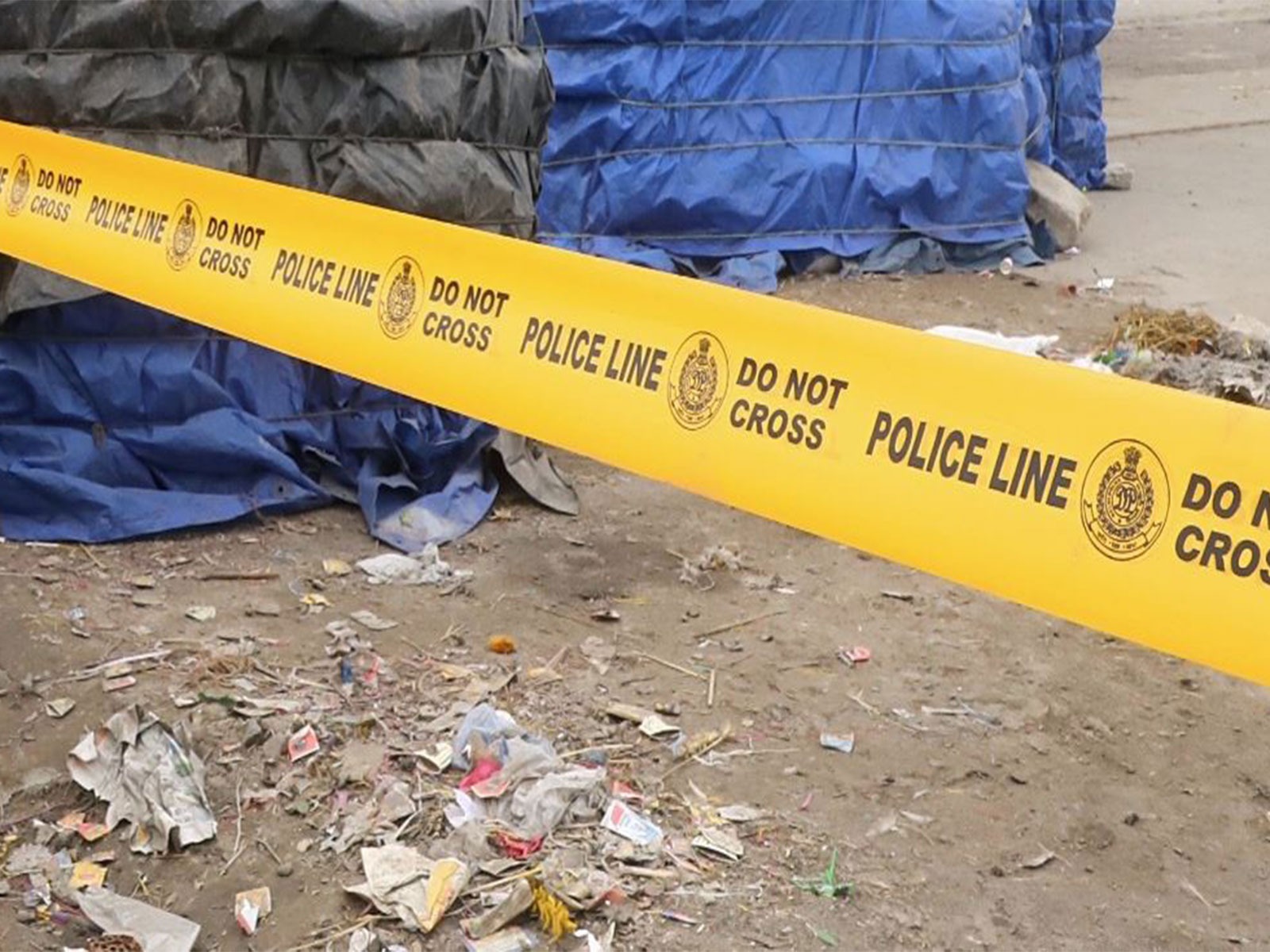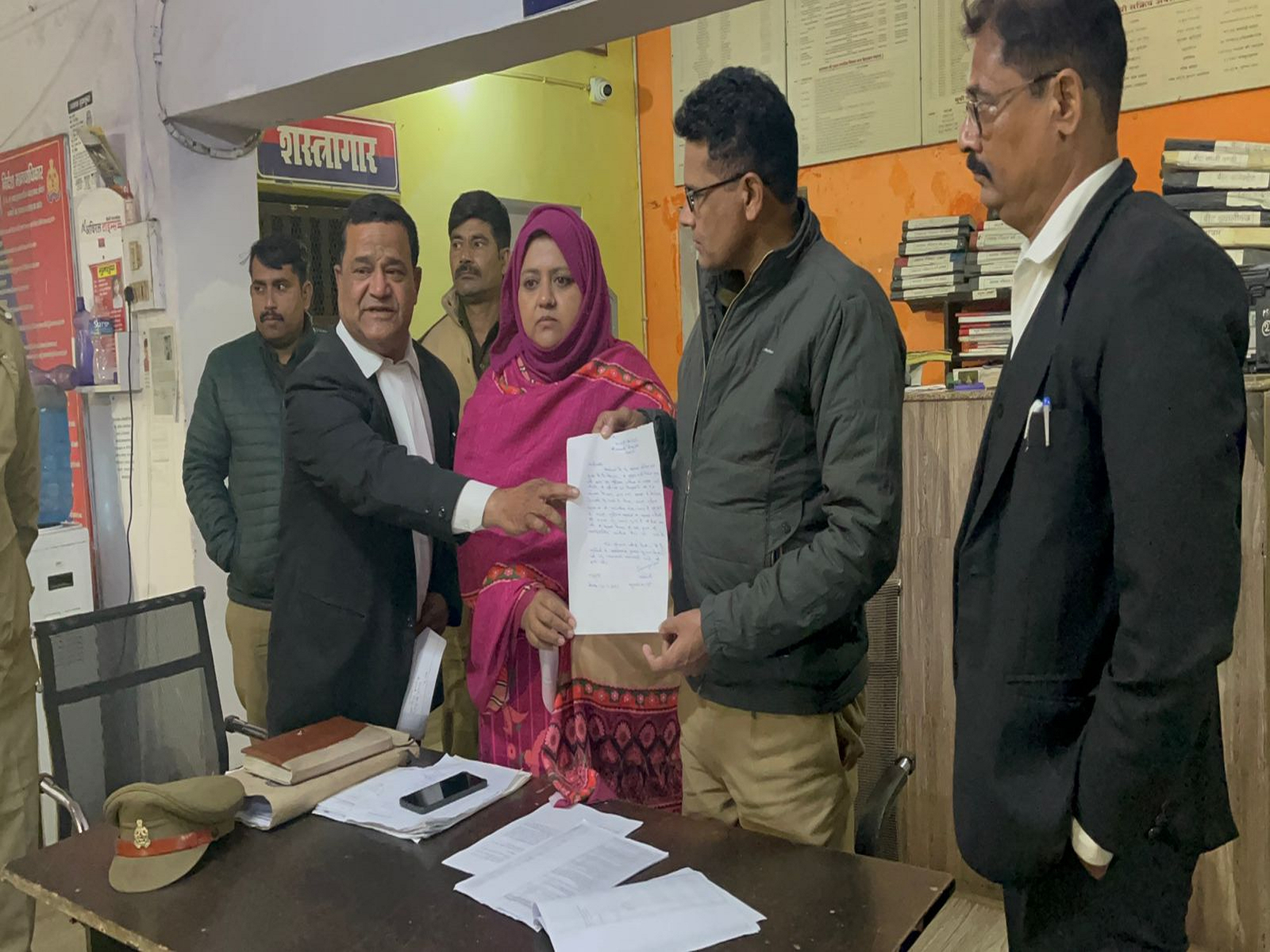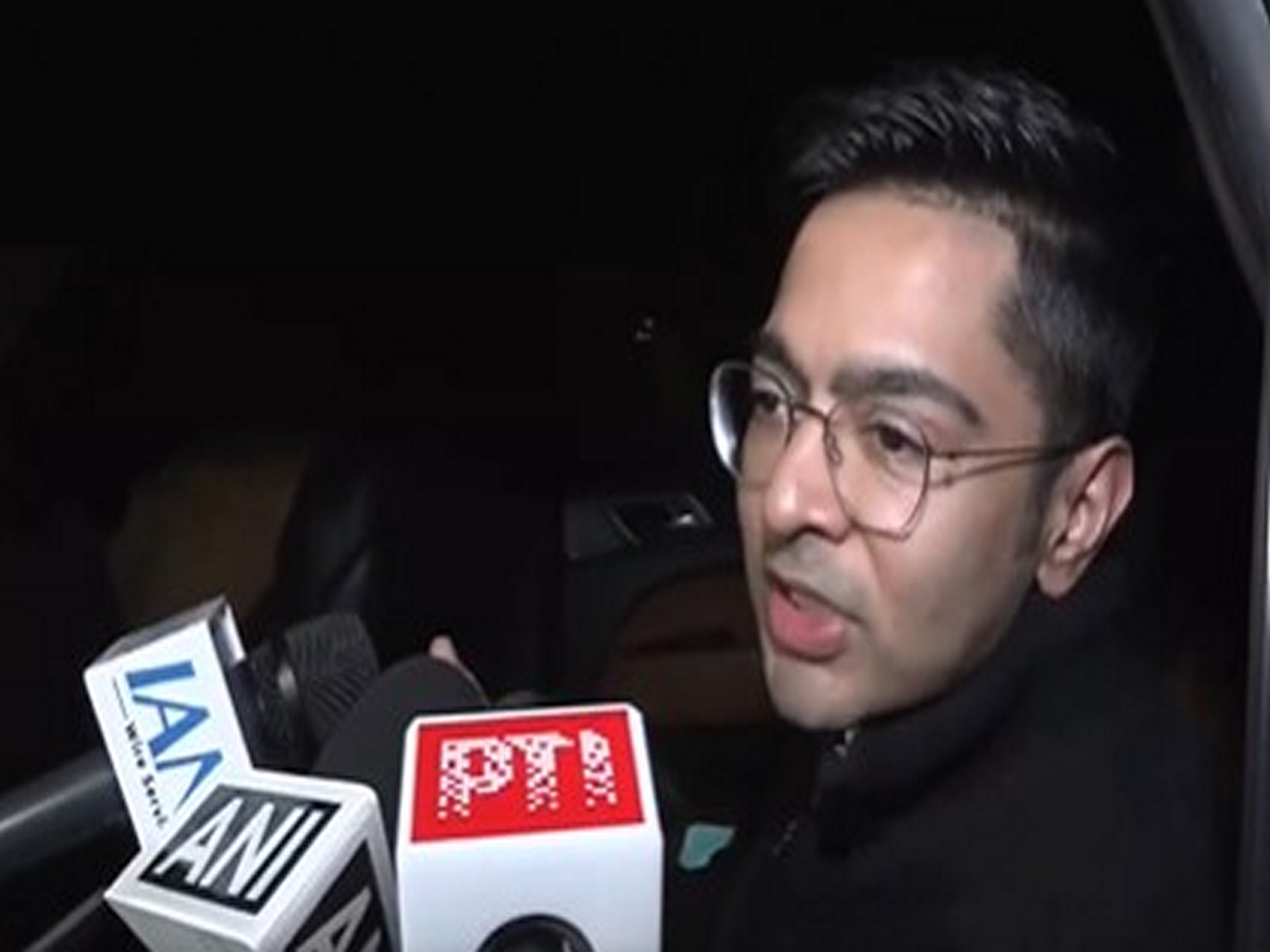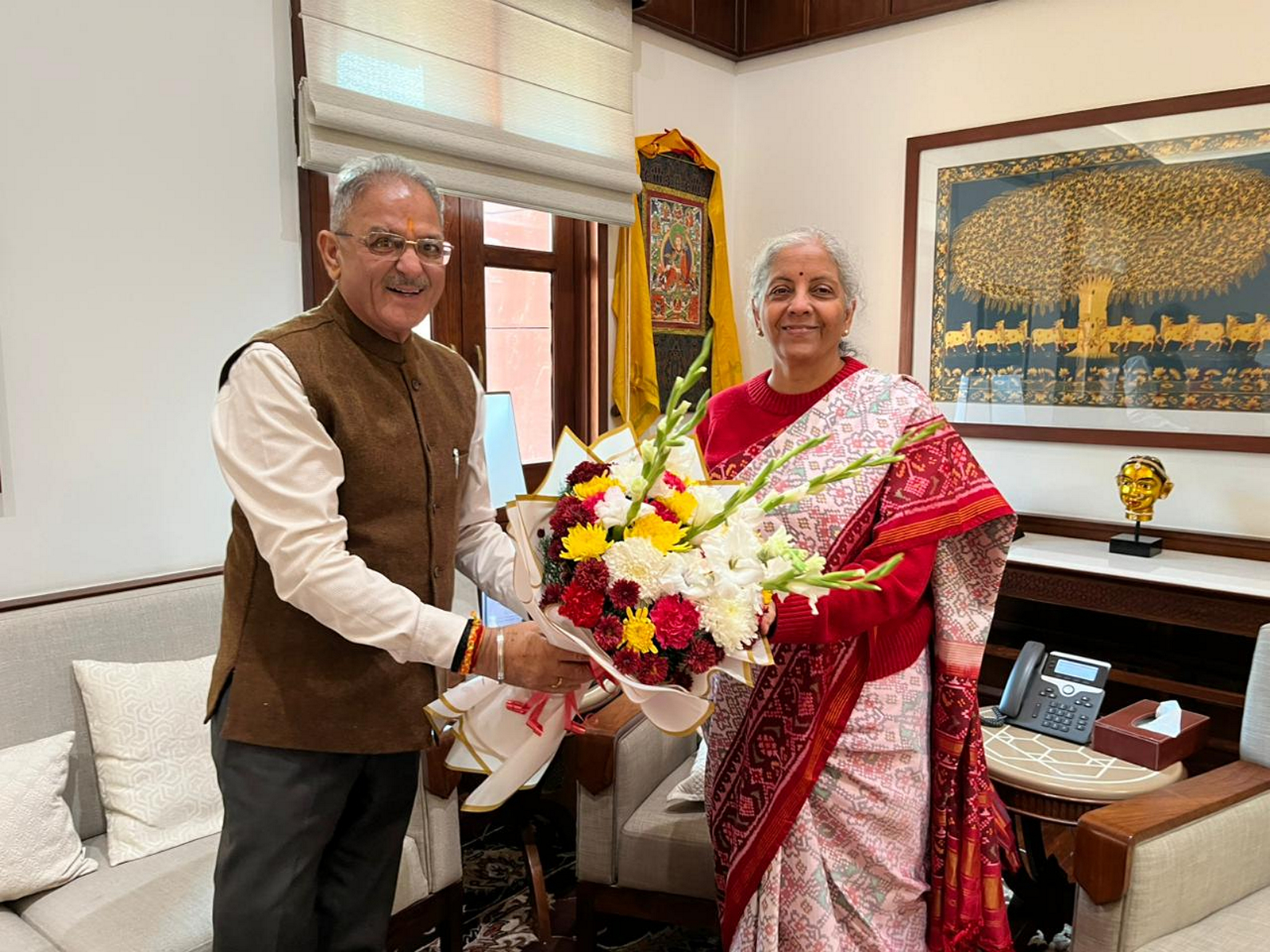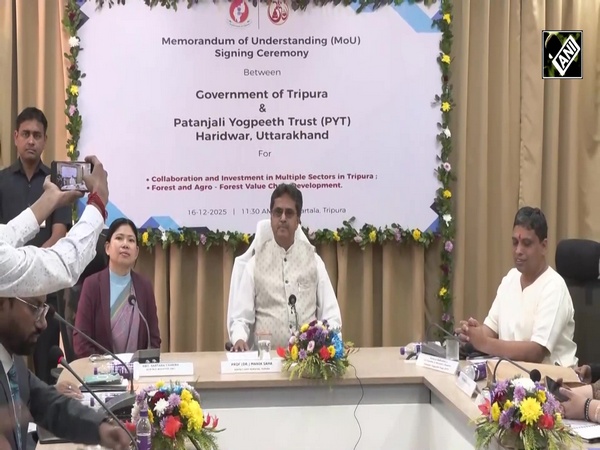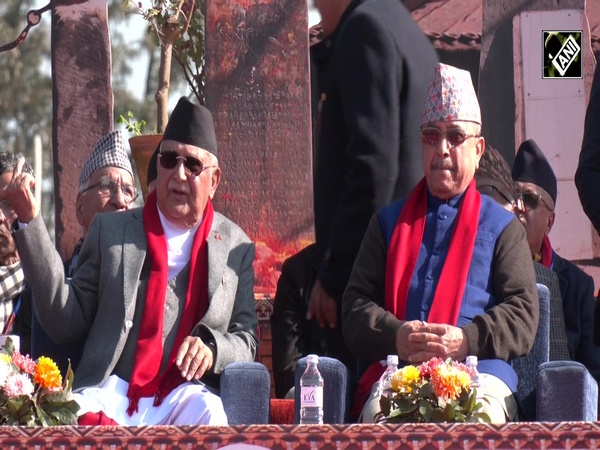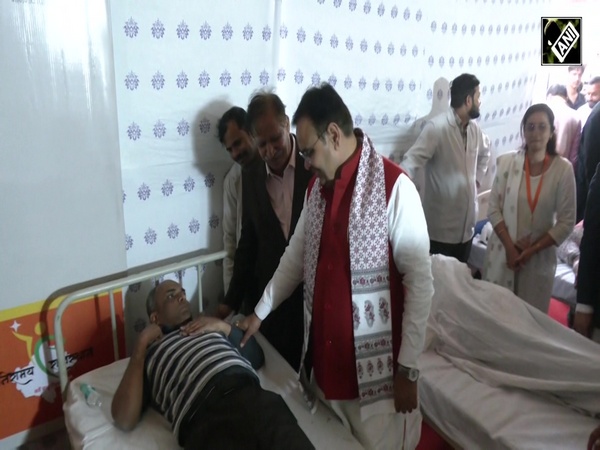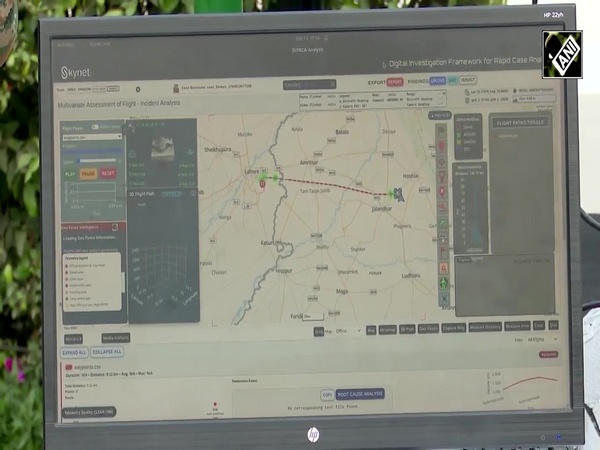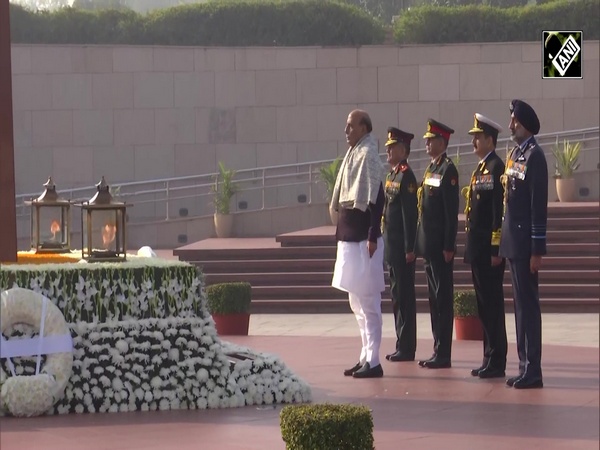Make police stations centres of social trust: PM Modi to IPS probationers
Sep 04, 2020

New Delhi/Hyderabad [India], September 4 : Prime Minister Narendra Modi while interacting with IPS officers during the 'Dikshant Parade' of IPS probationers at Sardar Vallabhbhai Patel National Police Academy in Hyderabad on Friday emphasised on changing the "culture" of our police stations and making these centres of "social trust".
"Have we ever emphasised on the culture of our police stations? How should our police stations become the centres for social trust? Make a list of all the police stations under your command to make changes. Whether or not you can change the person but surely you can change the system and the environment. This should be your priority," he said.
"Whichever party is in power a democracy, a public representative has great importance. Respect for the public representative means respect for the democratic process," he added.
"It is very important that you should be proud of your uniform instead of flexing power of your uniform. Never lose the respect for your Khaki uniform," the Prime Minister said. He added that there is a "need to prevent youth from taking the wrong path at the early stage itself. Women police personnel can do that by involving females."
He also talked about how technology can be used in a positive way by the police in improving their work. "Technology has helped us a lot. It is also helping us in solving cases. You must focus on how to use technology more positively," he added.
A total of 131 IPS probationers including 28 lady Probationers have completed 42 weeks of Basic Course Phase-I training at the Academy.
They joined the Academy on December 17, 2018, after completing their Foundation Course at Lal Bahadur Shastri National Academy of Administration in Mussoorie and at Dr Marri Channa Reddy HRD Institute of Telangana, Hyderabad.
During the Basic Course Training at SVPNPA, probationers have imparted training in various indoor and outdoor subjects like law, investigation, forensics, leadership and management, criminology, public order and internal security.

